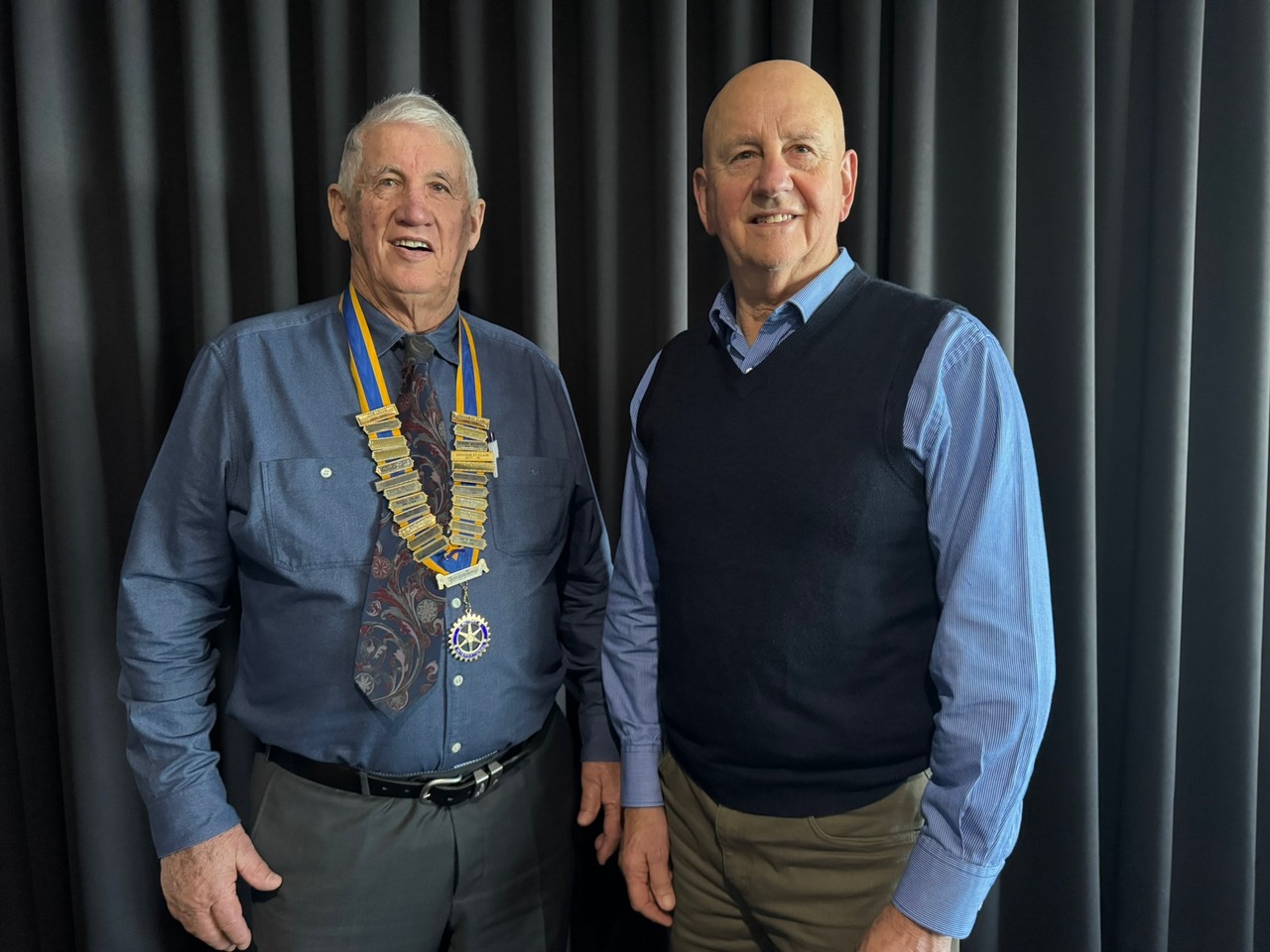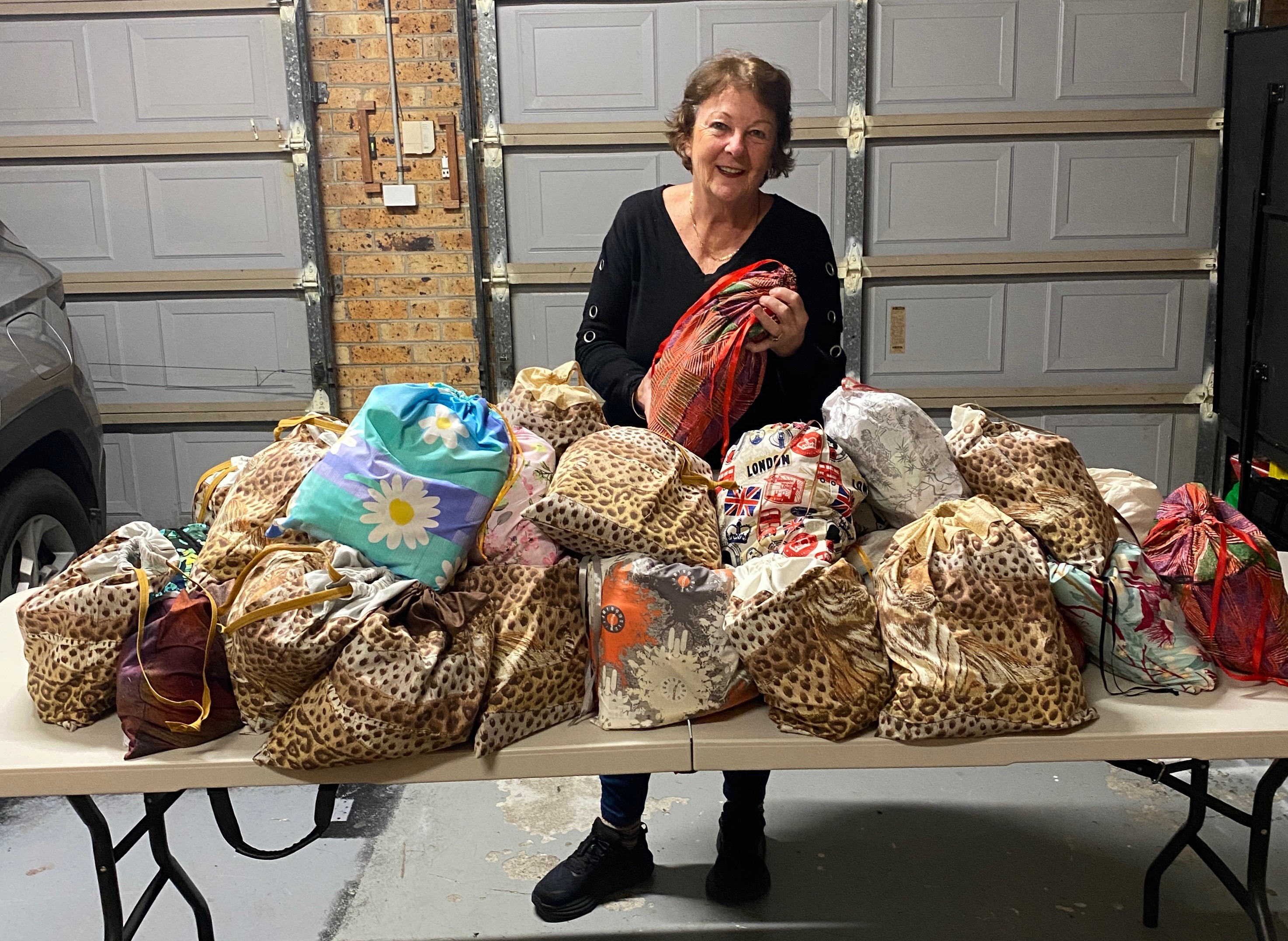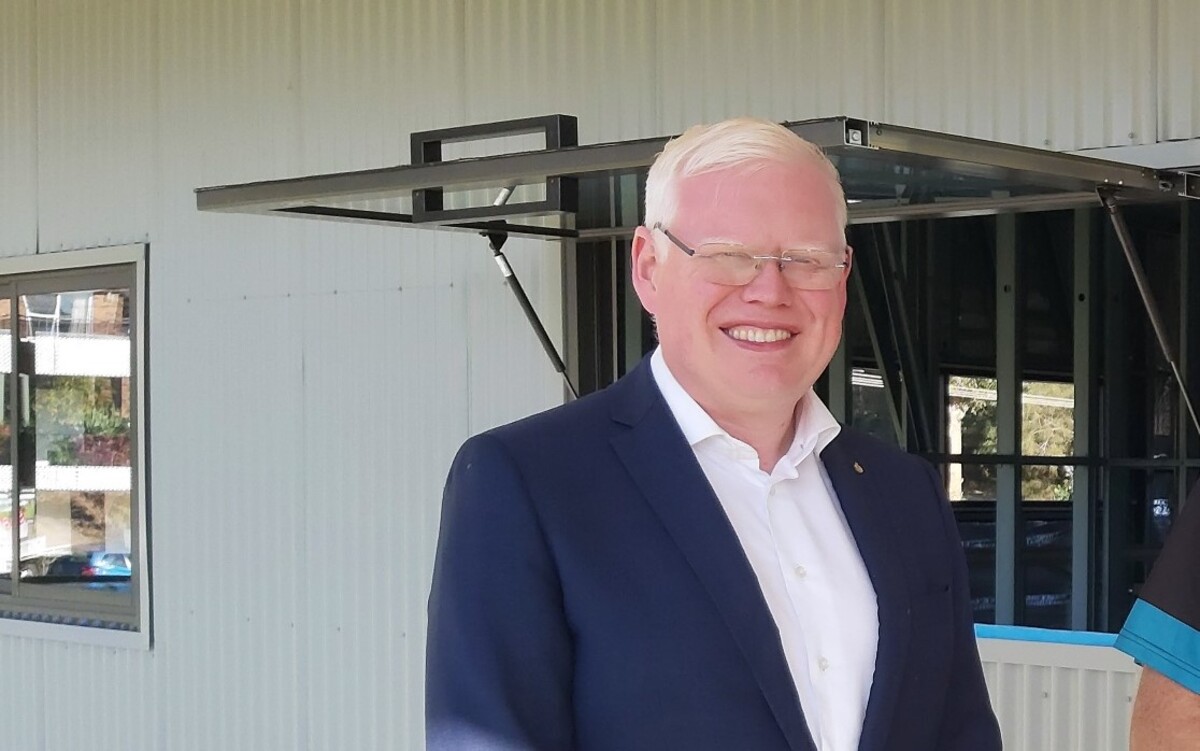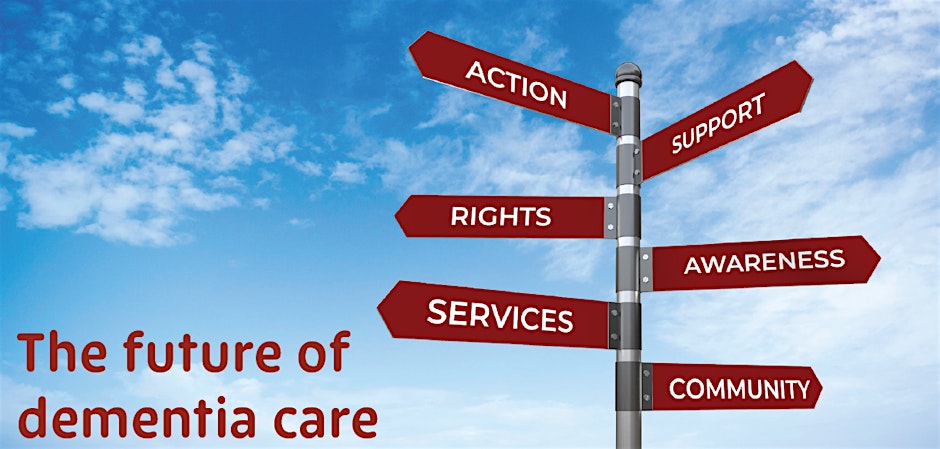Compassion fatigue, complexity and hope: Navigating the NDIS experience
Mitchell Beadman
09 August 2025, 6:00 AM
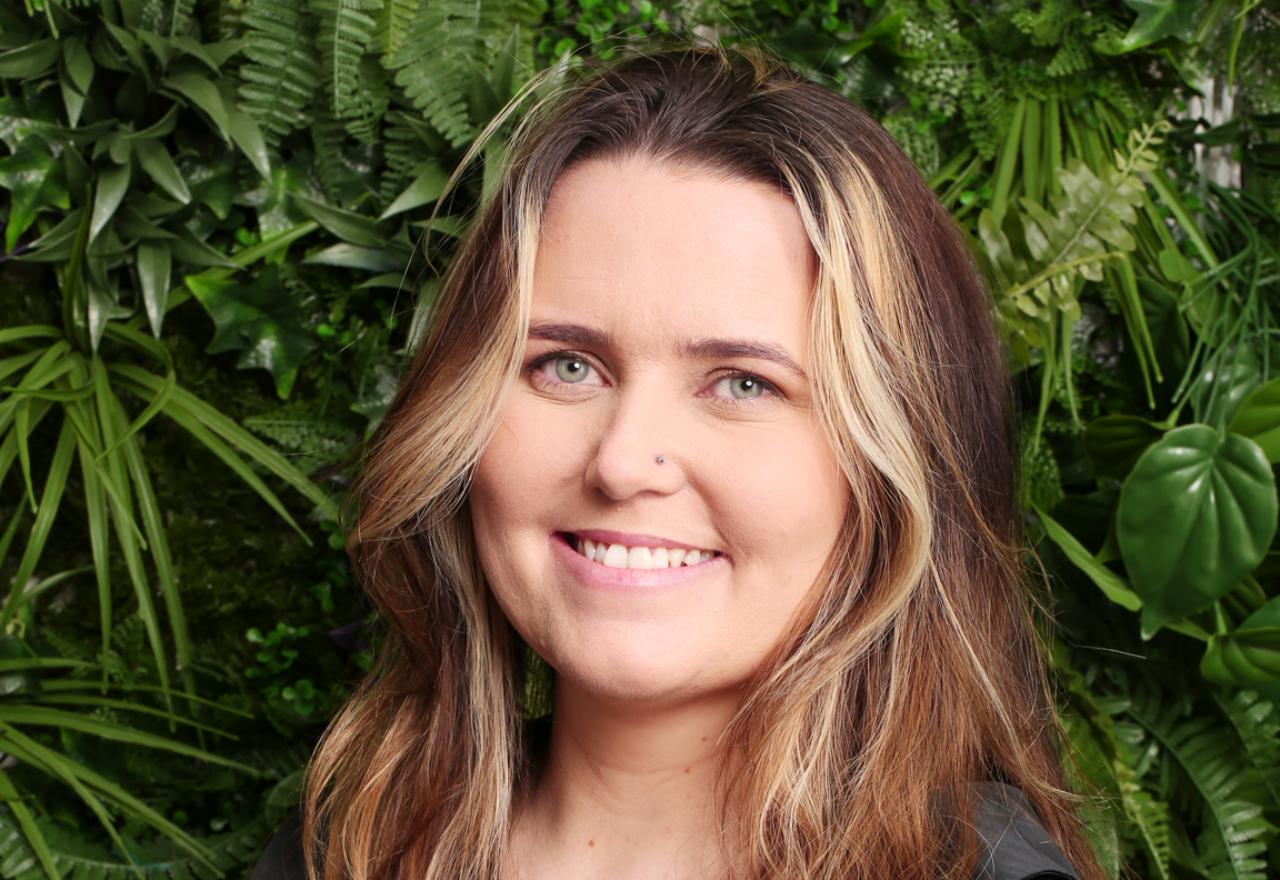 Anna-Lee Hamilton is the Chief Operations Officer at Sydney Health and Care Services. Photo: Supplied
Anna-Lee Hamilton is the Chief Operations Officer at Sydney Health and Care Services. Photo: Supplied Since the implementation of the National Disability Insurance Scheme in 2012, it has been widely investigated in state and federal government inquiries that the experience for those living with a disability and their families has been a burdensome process.
A reality for many families and carers alike is the experience of compassion fatigue or empathy burnout, which is recognised as a symptom to traumatic stress.
Anna-Lee Hamilton is the chief operations officer at Sydney Health and Care Services (SHCS) and shared with The Bugle her lived experience.
“When you look at compassion fatigue and empathy burnout, it’s because you genuinely want to help them,” Hamilton said.
“It is more that the reality is we’re all trying to make it through and its exhausting for everyone, for those that have a disability as well.
“They [those with a disability] are finding it even more emotional because they feel like a burden. They feel like they’re putting the pressure on their family, and they don’t want to feel that way.”
Hamilton has progressed from working as a disability support worker to an executive role and her journey has provided her with a unique perspective.
“I also felt in my time, and it wasn’t with the company that I am with now, but there was a lack of support, lack of training, lack of insight on what the supports entailed at that time,” Hamilton said.
“Back then, NDIS was still finding its way.
“I think NDIS from start to finish [now] has been very complex.”
Mark Woodland CEO and founder of Kismet has a background in software engineering and saw the need for a digital platform to manage the sometimes-complex administration component of the healthcare and disability services.
“There’s a lot of administration that sits around the care of someone ageing or with a disability, and the bigger challenge that exists when you become that caregiver,” Woodland said.
“You [the carer] lose that relationship of [being] a mother or a daughter, as an example, because you become the carer.
“So, there is a lot of guilt and resentment that’s felt during that process, and that is all due to administration.”
Kismet is an app that acts like a ‘concierge’ to manage the administration process of accessing healthcare and disability services for carers, care receivers and health care providers.
“When we look at the sector from a technology mindset, we look at three stakeholders, which is the caregiver, and that’s the sandwich generation person, the care receiver, which is the ageing person or disability, and the healthcare provider; they’re all an ecosystem,” Woodland said.
Whilst Kismet has provided a solution to this very real issue for this sector, Hamilton sees that carers care receivers should be provided with greater information and training from the Federal Government.
“Even though they have easy read resources, not everyone fully understands how to navigate the internet or navigate how to access their plans,” Hamilton said.
“The improvement could be around ensuring that both carers and participants fully understand their NDIS plan when they’re approved and what funding means for them.”
In recent times, on a state and federal level, there have been numerous inquiries and a Royal Commission into the disability sector.
At the end of July this year, the Australian Government released the final report of the Independent Review into the National Disability Insurance Scheme (NDIS) which received almost 4,000 submissions.
This report made 26 recommendations and 139 supporting actions through:
· developing a unified system of support for people with disability
· an NDIS experience centred on the whole person and their support needs
· better support for children and adolescents through mainstream services and a significant expansion of services outside the NDIS
· more active government involvement and stewardship of NDIS markets to make them more efficient and effective
· improving service quality and ensuring appropriate safeguards and risk proportionate regulation.
The NDIS was a Labor Government initiative, introduced by then Prime Minister Julia Gillard in 2012, and passed through legislation the following year.
Within the Kiama region, council has endorsed a Disability Inclusion Action Plan 2023 – 2027, which aligns with the Principles of Social Justice, is informed by the principles outlined in the UN Convention on the Rights of Persons with Disabilities (2006) and the NSW Disability Inclusion Plan 2021-25.
One Community is hosting an event providing the opportunity for parents/carers, support coordinators, teachers and local area coordination partners a chance to interact an share information.
The event is on Tuesday 12 August from 10am – 12:30pm at Kembla Grange Racecourse and there are still free tickets available.
For more information go to: https://www.onecommunity.net.au/Ready-Set-Connect/Event/836-wollongong
Below are websites with more information:
Kiama Municipality Council DisAbility: https://www.kiama.nsw.gov.au/Services/People-and-community/DisAbility
NSW Disability Advocacy Providers: https://dcj.nsw.gov.au/community-inclusion/disability-and-inclusion/disability-advocacy-futures-program.html#DAFP0
National Disability Advocacy Providers: https://www.health.gov.au/topics/disability-and-carers/empowering/advocacy
Illawarra Advocacy: https://illawarraadvocacy.org.au/
NEWS
